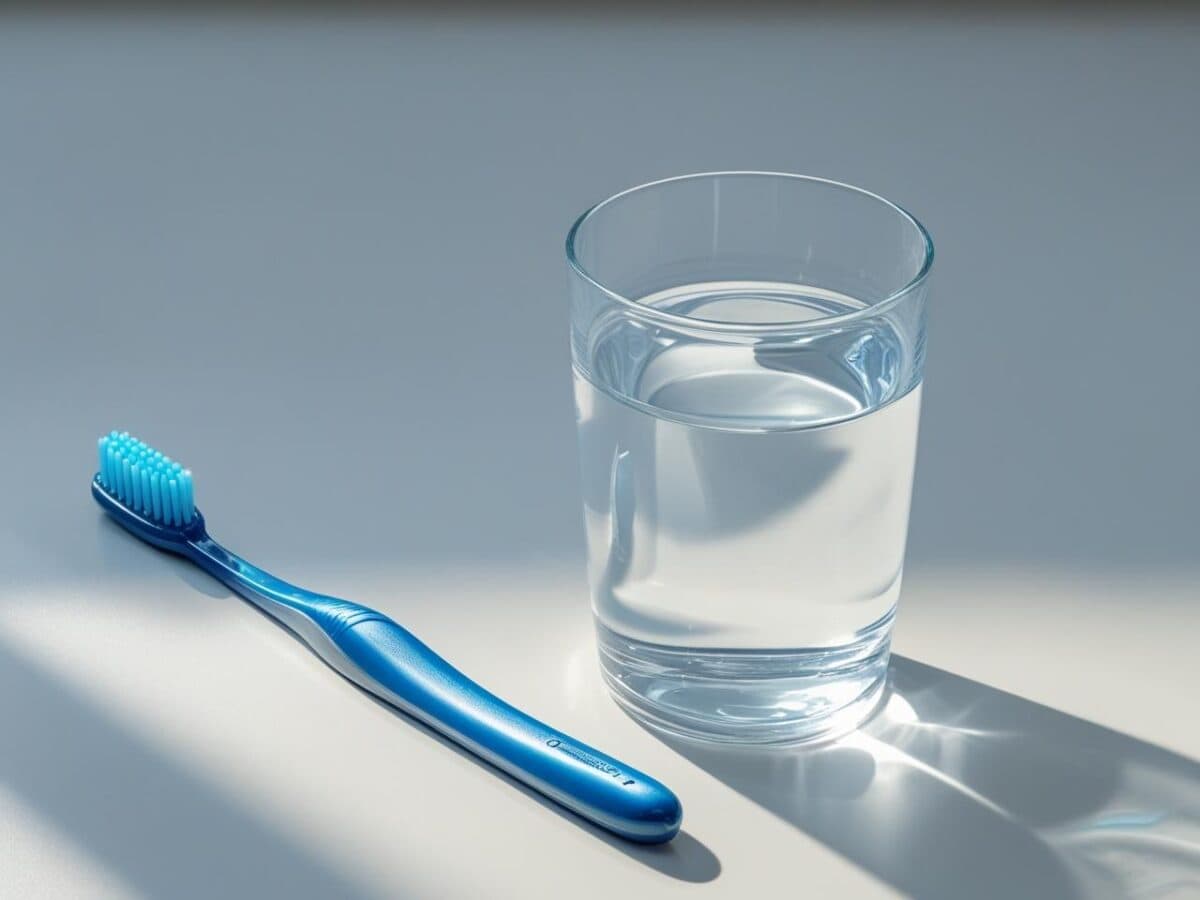Your smile says a lot about your health – and for people living with diabetes, it can say even more. The link between diabetes and oral health is strong, but with the right care, you can keep both your smile and your blood sugar in check.
How Diabetes Affects Your Mouth
When blood sugar levels stay high, it can affect your immune system, slow healing, and make your gums more vulnerable to infection. This is why people with diabetes often face certain oral health challenges:
-
Gum Disease (Periodontal Disease):
Diabetes can make it harder to fight bacteria in the mouth, leading to inflamed, bleeding gums and, if untreated, tooth loss. -
Dry Mouth:
Reduced saliva flow is common with diabetes and increases the risk of cavities and bad breath. -
Oral Thrush:
Yeast infections in the mouth thrive in high-sugar environments, causing white patches and soreness. -
Delayed Healing:
Wounds or surgical sites in the mouth may take longer to recover.
The Two-Way Relationship Between Diabetes and Gum Disease
It’s not just that diabetes affects your gums – gum disease can also affect your blood sugar control.
When your gums are inflamed, they release chemicals that can raise blood glucose levels, making it harder to manage diabetes. This means keeping your gums healthy can actually help keep your blood sugar stable.
How to Maintain Oral Health with Diabetes
Here’s how you can protect your smile and manage your diabetes more effectively:
-
Control your blood sugar:
Keeping glucose levels within target range helps your gums stay healthy. -
Brush twice daily and floss once a day:
Regular brushing and flossing prevent plaque buildup and gum irritation. -
See your dentist regularly:
Schedule cleanings every 3–6 months. Let your dentist know about your diabetes status and medications. -
Watch for early signs of gum disease:
Redness, bleeding gums, or bad breath shouldn’t be ignored. -
Avoid tobacco and limit sugary snacks:
Both can worsen gum inflammation and increase infection risk.
The Bottom Line
Your oral health and diabetes are deeply connected. Good blood sugar control supports a healthy mouth – and a healthy mouth can make it easier to manage diabetes.
At West Maitland Dentistry, we’re here to help you maintain your oral health every step of the way. If you have diabetes, be sure to let our team know during your visit so we can provide the best care possible.
📞 Call us today to schedule your next dental cleaning or checkup!
Your smile – and your health – are worth it.






